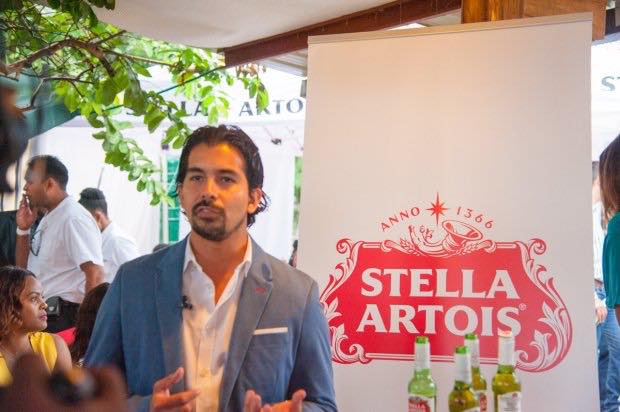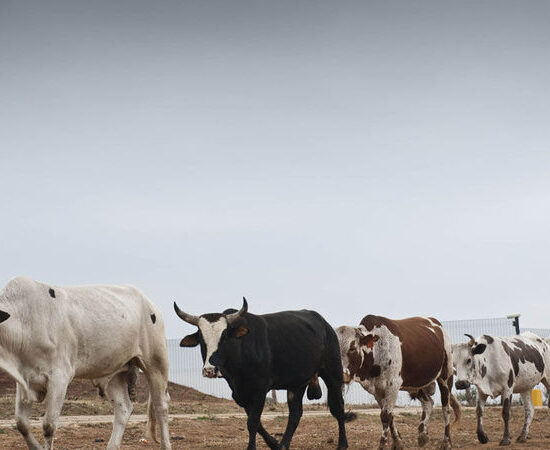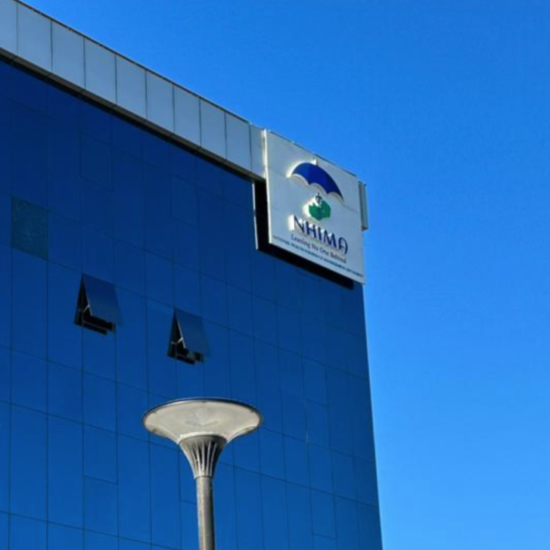
The company’s Country Director Jose Moran said, it is commending ZRA in its continued effort to curb the rising trend in smuggling of alcoholic beverages at border posts.
We were pleased to learn of the recent action by the ZRA in confiscating smuggled alcohol worth almost K1 million.
“This is a step in the right direction in curbing the colossal sums of evaded tax and ensuring a level playing field for businesses and consumers. This commendable action by ZRA confirms the existence of smuggling being rampant in our border posts and boundaries. Concerted efforts by all stakeholders are cardinal in curbing this scourge.”
In October Zambian Breweries launched the 2018 Euro monitor market analysis of illicit alcohol in Zambia, which catalogued an appalling fiscal loss of US$103.7 million compared with US$38 million in 2014 through the smuggling of ethanol and finished alcoholic beverage products into Zambia.
According to the report, smuggled alcoholic goods range from premium spirits, sparkling wine, cider and clear beer brands usually sold cheaply at wholesale markets and also distributed directly by smugglers through trade channels.
“Throughout the ages, wherever there are borders and taxes, there has been smuggling, as unscrupulous traders attempt to dodge duties and procedures in favour of a quick profit. It’s a simple formula: if you can avoid paying customs duties and taxes then you can undercut the market price of goods at the market price and pocket the difference,” said Moran.
And according to the recent 2018 Euro monitor report it explains the different categories of organised smugglers including small traders who bypass border checkpoints completely and represent the majority of smuggled alcohol volume originating mainly from Namibia, Tanzania, Malawi and South Africa.
The large-volume smugglers mainly cross from Namibia at the Katima Mulilo border. The large illicit traders are said to falsely declare their merchandise at Customs and may proceed into Zambia using cartels that organise them, according to industry sources cited by the report.
The report names townships such as Matero, Mandevu and Chilenje in Lusaka as competing with COMESA Market in distributing smuggled alcohol and other illicit products. The cholera clean-up conducted by the authorities from September 2017 to January 2018 resulted in many open stalls around COMESA Market, the largest wholesaler market, being removed.
Unfortunately, large amounts of smuggled alcoholic beverages are substituted or refilled and some of Zambian Breweries’ regional and global brands have been affected on the pretext of importation.
In a statement availed to the Zambian Business Times – ZBT, Moran further added that as a responsible brewer, Zambian Breweries has backed the National Alcohol Policy, which calls for targeted action in solving alcohol issues.
The brewing company pledged support by encouraging licit business along the value chain and partnerships with its stakeholders in providing well-researched and informed pragmatic recommendations to the authorities to ensure the complete removal of smuggling.
“ZRA’s action is a step in the right direction but more needs to be done to ensure a change in the public’s mind-set about smuggling and smugglers. We recommend deregistration of businesses involved in smuggling as the tax evaded has the potential to derail the nation’s development. There is an emphatic need for the stakeholders such as ZRA, the Zambia Bureau of Standards (ZABS), security wings, representatives of the private sector and other partners to formulate a taskforce to curb smuggling,” he said.
Moran also emphasised the need for private and public partnerships to help solve the problem, under which government and industry can pool resources, expertise and intelligence to develop workable solutions. Public and private partnerships can be leveraged to address other issues, such as collating robust data on smuggling, he explained.








